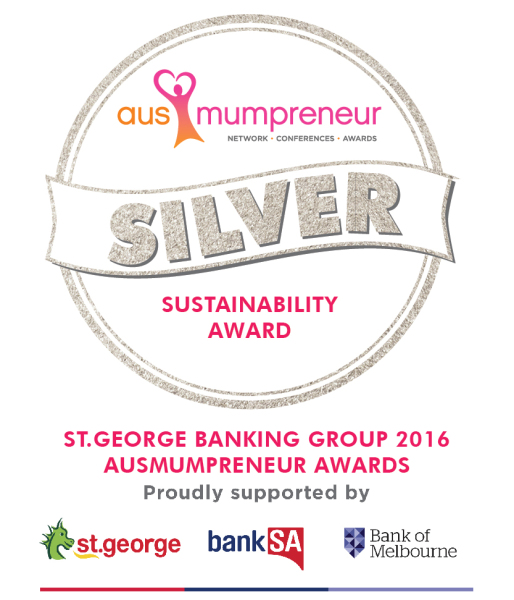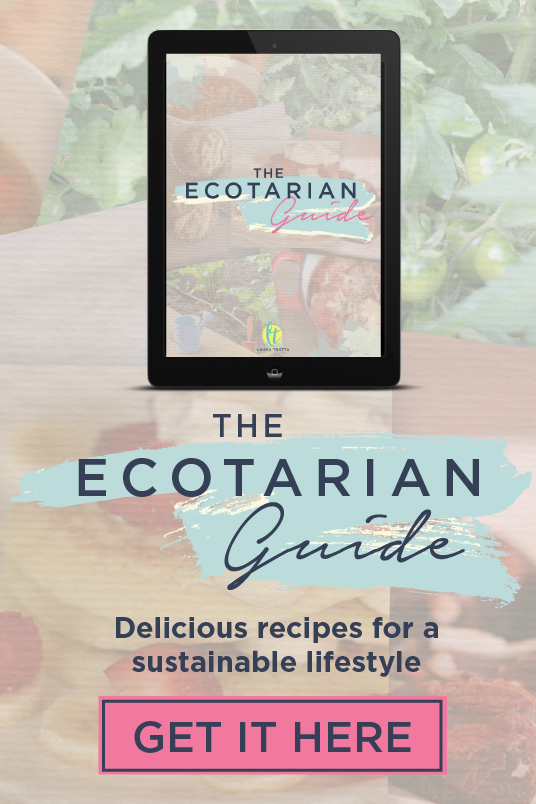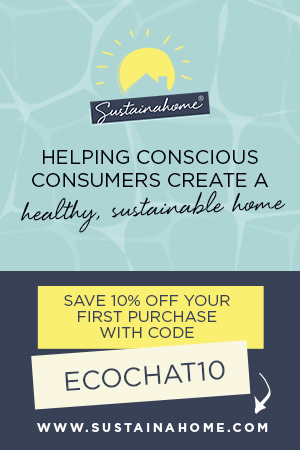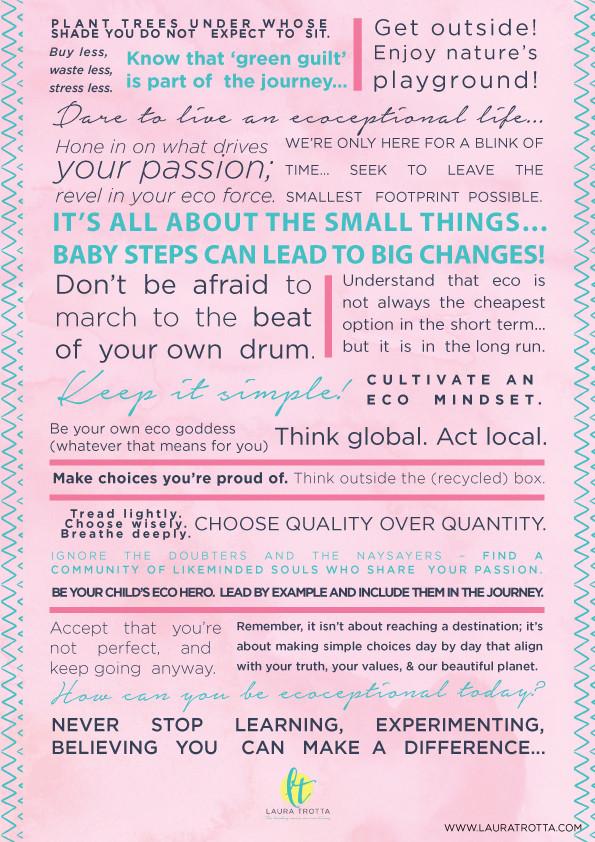If there’s ever been a time for your business to innovate to survive it’s now. The Covid-19 pandemic has changed the business landscape overnight and what worked just six months ago isn’t necessarily working right now.
In this episode I’m joined by Linda Garnett, co-founder and director of Stellar Partnerships to discuss how she’s changed up packaging and pricing options for her services during the pandemic and how her new packages have been received.
Click HERE to be notified when Package Your Knowledge Bootcamp is next open for enrolments
Click HERE to learn more about Stellar Partnerships
Podcast: Play In New Window
Subscribe in iTunes | Stitcher | Spotify | Apple Podcasts
Laura
Well, Linda, thanks so much for coming on Conscious Business Builders podcast to share your pandemic packaging and pricing story. I’m really, really thrilled to have you on the show today.
Linda
Thanks for the invitation, Laura, it’s a wonderful opportunity to talk about what an amazing journey the last few months have been.
What do YOU DO at Stellar Partnerships and how did you get into strategic fundraising?
Linda
Stellar Partnerships is a boutique consultancy and we specialise in partnerships between non profits and the corporate sector. We help charities amplify their success and impact by creating partnerships with corporates that allow them to access all of the resources, the skills, and all the other great things about corporates. This allows them to achieve things that they couldn’t do by themselves. So it’s about amplifying the potential of working together.
And what did I do before?
Well, it was a bit of a long round journey to actually get to Stellar Partnerships and working in the non profit sector. I started my career working in finance and financial markets. So you know, when you turn on the news in the business sector, they show you a dealing room where a bunch of people screaming into phones jumping up and down, well, that was my life. I used to run one of those sort of operations. It’s great for a young person but not so good when you’re getting into my age! But it’s basically provided me with a sense of where the money is made and how corporates work. So about 20 years in financial markets and strategy, and I got kind of tired of chasing the dollar and going well, do I want to buy the world? Or do I want to save it, so I decided I wanted to save it instead. I wanted to take my skills and make them more meaningful and create a bigger social impact, something that’s aligned with my values, and something that’s going to make a meaningful difference to society. Otherwise, I’ll just be chasing the dollar for the rest of my life. So that was my long journey to Stellar Partnerships. And I really looking forward to the next the next era of creating really meaningful partnerships.
Laura
That sounds great. And it sounds like you’re really helping with a win win situation for the charity and the corporate. You’re basically linking them together and creating a mutually beneficial partnership.
Linda
That’s absolutely right. In the current situation, charity can often be the change that the corporates want to see in the world. And the one that corporates and customers and audiences want to see as well. So it’s primetime right now, after this pandemic, despite all of the ups and downs and the travels and the tribulation. I think there’s a bigger opportunity now for corporates and non profits to work together to create something that’s really meaningful.
What did your main packages look like before Covid-19 took effect?
Linda
Before COVID-19? Well, what a different universe that was!
Before that time and before I attended the Package Your Knowledge Bootcamp, the main packages were less packages and more sort of bespoke consulting services that were highly tailored to the individual and built around the core principles of what we do.
It was a lot of work because it was so highly tailored. Every proposal was different, and we laboured over each one. So it was a bit like we had a sports car, say a Ferrari, but what we were focused on were the components – the wheels, the chassis, the boot, etc. We actually weren’t selling the whole experience and we were just creating more work for ourselves as a result of it. So that was kind of our pre-COVID experience. Even though we’d had success in doing that, it was really hard work.
WHen you mentioned boot camp, you’re talking about the Package Your Knowledge bootcamp that we worked on together. Do you think that came at a good time, leading into Covid?
Linda
It was absolutely perfect because it gave us a few months to actually rethink and see our business in a different light. So going from really highly bespoke, quite complicated, quite complex propositions to being able to simplify it and distil the essence of what our system was, that really made us rethink. And then we’re in the process of doing that and building on that and then COVID hit so that enabled us to really change very quickly.
We actually switched our signature system online very quickly, and we did it in about two weeks flat. But we were able to do it too quickly because we had all the core elements of the system. Having completed your Package Your Knowledge Bootcamp, it was so valuable because it enabled us to build on those packages and then create visual models as a result.
So not only did we have the packages all nicely tied up, we actually had some pretty pictures to go with it to be able to sell it and sell it really effectively. So without those packages, there’s no way we could have created really great visuals, brochures and materials as a result of it. So by the time COVID hit, we were really ripe for that reinvention. And we just needed to put that last bit of effort into it to get it over the line.
Laura
That’s brilliant. I love how you built on the knowledge that you learned in Packaging Your Knowledge Bootcamp by doing some work with the visual modules to display in a nice visual format that your customers and clients like.
What changes to your packages and pricing did you make as a result of the pandemic and how have these been received?
Linda
Well, the wonderful thing about Package Your Knowledge Bootcamp is it just gave us so many great resources in such a neat little package. So what did we shift? Because we were going online, rather than delivering our core consulting as a one on one situation, we created group training. So we turned our course system into group online training, and priced it accordingly.
Using some of the pricing strategies, we looked at sort of showing it as a discount, you know, a COVID special discount. The discount wasn’t really a discount because we’d never actually run it online before but it made it look like it so it was quite compelling because people are getting bucketloads of value for something they wouldn’t otherwise be able to afford.
This strategy enabled smaller organisations to participate for the first time, and we also took a leaf out of your book and thought about what extra value we can add in terms of additional coaching or templates or materials as well. So by the time we launched, we were really confident that our signature system had a bucketload of value.
And we took a leaf out of a New Zealand friends book as well to do a special COVID pricing for another course that we were able to do, thankfully as a spinoff from our signature system. So now we had this wonderful signature system courtesy of the Bootcamp, then we were able to dive a bit deeper into each of the stages and create little spin offs that were more tactical. So we’re about to launch another one, which is more tactical training system, which is around skills around acquisition skills for charities that are going out there looking for new opportunities. So that’s a deep dive. But what we decided to do because budgets were under pressure, and everyone was a bit uncomfortable, not sure whether they’re going to get it across the line from with their boss, is we created a COVID Special Pricing called Koha. Now Koha is a Maori word, I’m told, that relates to giving a gift but giving a gift that’s appropriate to your particular circumstance. So in order to make it attractive to a range of organisations that were in very different circumstances, we created three tiers of pricing for the same training system.
We had one for
‘I’m thriving, I’m going really well, unexpectedly good.’
‘It’s a bit tough, I’m struggling a bit but hanging in there.’
‘We’re really, really doing it hard. We’re surviving Job Keeper but there’s not much money around.’
So it enabled everyone to participate. And we enabled people to choose the level that they wanted to commit to. Choose to pay what you can, and then the higher priced ones kind of cross subsidise the lower price ones. We picked prices that whereby the lowest ones was something we were still quite happy to deliver at that price, and the middle one where that will be kind of ideal. And we’ve been really pleasantly surprised how people have approached this. They’ve been really grateful for the opportunity to be able to buy something at a price they can afford that also acknowledges where they are at the moment. They’ve really been heartened by the fact that we’ve been able to listen and understand where they are at the moment, rather than saying, here’s a set price, take it or leave it. So that flexible pricing has been a real winner.
It’s a kind of pricing mechanism, I think I would use again, over the coming months as organisations still struggle to adapt. And they’re still in very different stages of responding to the COVID crisis where we see some charities are really thriving, they’re pretty much double their income. Some really are struggling to survive and have had to pare back their operations quite dramatically. So we will see that at least the next six months we’ll be offering a variation on this pricing for future training or for future online options.
Laura
Thanks for sharing that. And I actually love that pricing model because it’s a benefit to everyone in that too. And particularly even the people who do choose to pay the full price, it’s giving them an opportunity to almost give back or help others by subsidising the charities or the businesses that who are struggling as well.
Linda
It’s been very empowering. And I think giving people a choice. It’s not quite like those restaurants that say, we don’t have a pricing menu or a menu, you pay what you think it’s worth. That’s actually really hard. Because you just don’t know how to pitch it but we give them a range and say, Okay, let’s adapt it. And at any given time, they may come back to us in six months time and say, you know what, we’re back on our feet, we’re ready for the next one, and we’re able to play something different.
We also partnered with another organisation who works in the sector in recruitment, and they kindly offered a scholarship for those who really work down to the last few cents, they could apply for a scholarship and that really brought in the tiny grassroots organisations. So we’re really heartened that as a result of that, we’re able to support the sector, to learn to build their skills to position themselves for new opportunities at a time when they’re struggling the most.
What strategies from Package Your Knowledge Bootcamp did you found the most valuable when revisiting your offers and pricing?
Linda
A couple of things, I think, and then one overall lesson. So the designing the package was great, because it really made us think about the core components and distil them into the main elements. So we have now a seven step process that’s really clear. It’s really easy to communicate. And I found that once I’ve been out, pitching it, and discussing it with future clients, it’s so much easier to pitch rather than go around and around and spend hours trying to describe the complexities of everything that we ever know about partnerships between charities in the corporate sector. So rather than sell all that we ever knew, we were allowed to take them through the seven steps and it’s much, much clearer, you kind of see their eyes light up, and they go ‘okay, I get it, I get that process.’
Also, I particularly enjoyed the bit about pricing the package that gave us options, the payment plan options, the risks, the ability to vary it, also the ability to add more value as well and communicate the value and then justify those premium prices.
I think the lesson I keep taking out is like, if you put it in front of someone, you’ll be surprised how much they’re actually willing to pay because you just don’t know what their appetite is. So that’s given us, I think, a lot more confidence about not just what we’ve got to offer but confidently asking and getting more value out of the package that we’ve covered.
The other thing that we took away from it was the overall the way that the Packaging Your Knowledge Bootcamp was structured. The way the entire course itself was structured with the worksheets, the really clear steps. And so I think Laura, your layout and your worksheets, and your approach has been something that’s been really front of mind for us when we design our own online learning, how can we make it like Laura, how can we take all those great elements out of it and make it really clear, really simple, not overwork it? So those overarching principles have been fantastic.
The wonderful thing about the framework of the Bootcamp is that I can revisit it. It’s like a little mini encyclopedia. I can always come back to it and apply those principles again and again.
Laura
Yeah, for sure. Because the universal principles, it doesn’t matter if you’re a coach or you’re creating online memberships or programs or delivering live events, touchwood that we can do that again one day, but the principles of the packaging and the pricing are universal, really.
Linda
Absolutely. And I think it’s just up to individuals as to how much they want to play with it, how much they want to then take it further apply to their particular businesses, whether it’s working with charities and corporates or whether it’s working with leaders on well being or whatever it is that that you do, you can apply it, but then build on it. And as I said earlier, I think it just gives you that extra confidence as well to not just sell your system but get the maximum value out of it and build your business with it.
Where can our listeners who are interested in your services best find you online?
So you can find us at stellarpartnerships.com. Or you can find us on LinkedIn, or our Facebook page, come follow our blogs. If you go to our web page, please think about subscribing to our newsletter because we put a partnership newsletter out pretty much every week with a blog with latest news, latest tips, access to resources and insights.
We’ve worked with such a wonderful range of organisations, some of the household charities that you’ll know people like Guide Dogs, Headspace, Beyond Blue, Red Nose, and also really little ones you won’t have heard about like ones that work in Aboriginal communities.
And we work with corporates of all sizes. I’ve worked with NAB, BHP, mid sized companies like Carmen’s, who are very philanthropic, and with global education companies who work only online. So a range of different organisations for purpose and for profit. The for profit ones, I think, are characterised by a willingness to make a difference and a willingness to really develop their social purpose, through the partnerships with charities and for charities who are just looking for new opportunities. So lots of opportunities on both sides.
Stellar Partnerships is a strategic fundraising consultancy agency specialising with a mission to make the world a better place through partnerships between corporates and not for profit organisations. Click HERE to learn more about Stellar Partnerships.
OVER TO YOU !
I hope you’ve enjoyed this chat with Linda from Stellar Partnerships on Pandemic Packaging and Pricing Strategies. If you are keen like Linda to really move your business ahead in you might be interested in joining my Package Your Knowledge Bootcamp.
- Sustainable Home Design- factors to consider to maximise sustainability - July 28, 2022
- Advantage and Disadvantages of Tiny Houses - May 31, 2022
- How School Strike 4 Climate is Empowering Youth to Fight for Their Future - May 1, 2022

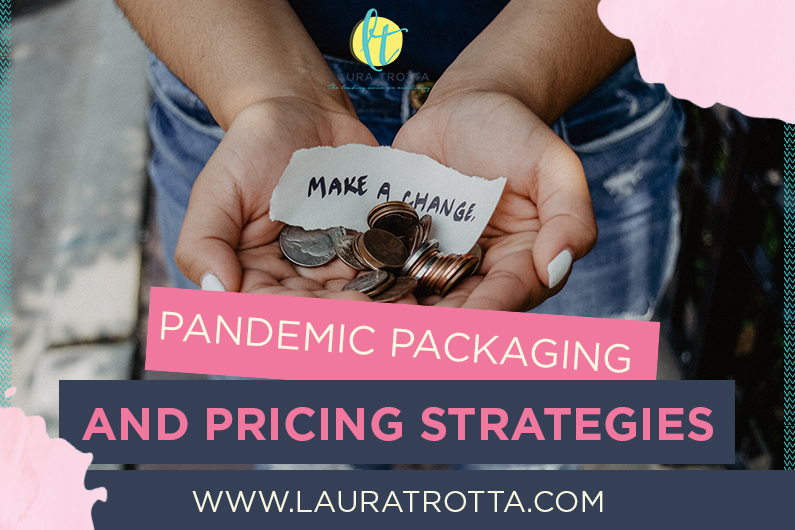
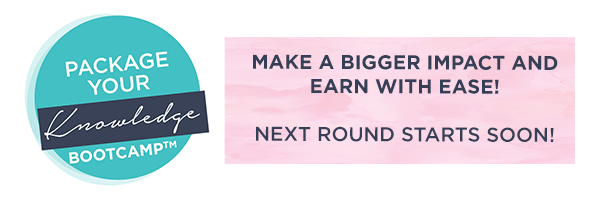
 Laura Trotta is one of Australia’s leading home sustainability experts. She has a Bachelor of Environmental Engineering, a Masters of Science (in Environmental Chemistry) and spent 11 years working as an environmental professional before creating her first online eco business, Sustainababy, in 2009. She has won numerous regional and national awards for her fresh and inspiring take on living an ‘ecoceptional’ life (including most recently winning the Brand South Australia Flinders University Education Award (2015) for the north-west region in SA and silver in the Eco-friendly category of the 2015 Ausmumpreneur Awards). With a regular segment on ABC Radio and with her work featured in publications like Nurture Parenting and My Child Magazine, Laura is an eco thought leader who’s not afraid to challenge the status quo. A passionate believer in addressing the small things to achieve big change, and protecting the planet in practical ways, Laura lives with her husband and two sons in outback South Australia.
Laura Trotta is one of Australia’s leading home sustainability experts. She has a Bachelor of Environmental Engineering, a Masters of Science (in Environmental Chemistry) and spent 11 years working as an environmental professional before creating her first online eco business, Sustainababy, in 2009. She has won numerous regional and national awards for her fresh and inspiring take on living an ‘ecoceptional’ life (including most recently winning the Brand South Australia Flinders University Education Award (2015) for the north-west region in SA and silver in the Eco-friendly category of the 2015 Ausmumpreneur Awards). With a regular segment on ABC Radio and with her work featured in publications like Nurture Parenting and My Child Magazine, Laura is an eco thought leader who’s not afraid to challenge the status quo. A passionate believer in addressing the small things to achieve big change, and protecting the planet in practical ways, Laura lives with her husband and two sons in outback South Australia. 